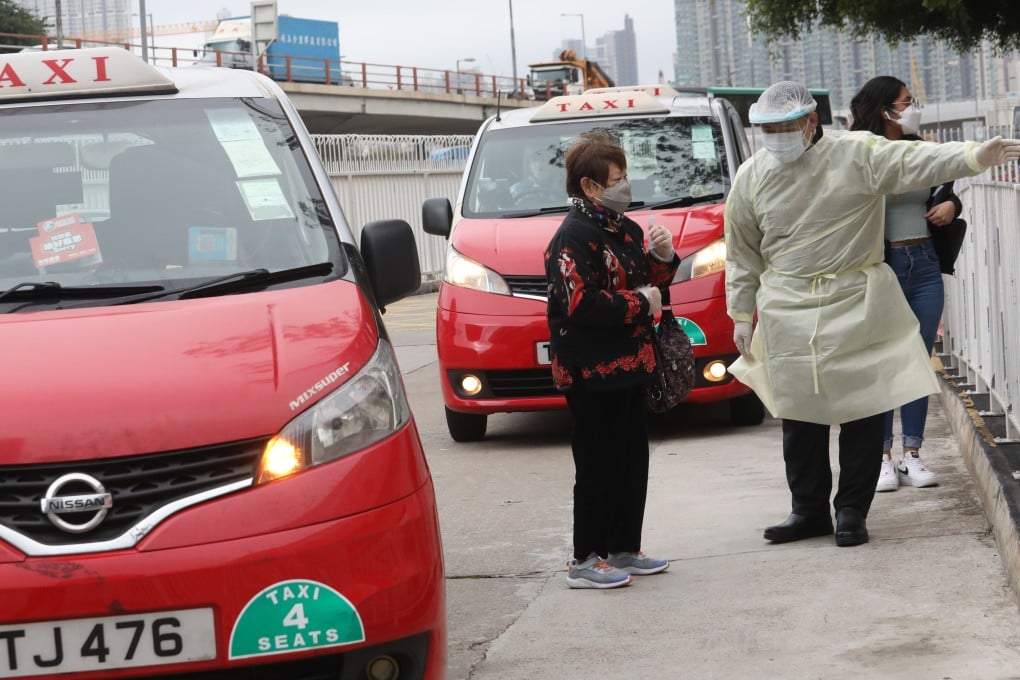Letters | Taxi fare increase will help keep pandemic-hit fleet going
- Readers sympathise with taxi drivers, and suggest a falling student population may be a good thing

Undeniably, some taxi drivers may not live up to expectations. They overcharge, take unnecessarily long routes or drive recklessly. But most taxi drivers do uphold professionalism. I have taken taxis in both Kowloon and the New Territories and only rarely do I come across an impolite taxi driver who communicates badly. Most ask in advance which route I prefer to take and, when needed, explain that a longer route might be necessary due to unfavourable traffic conditions.
My positive experience with cabbies may not strike a chord with everybody, but effective communication during a taxi ride rests as much on the passenger as the driver.
Sometimes, conflict arises because of disparity between expectations of both parties. Passengers should suggest alternative routes to drivers politely and communicate their expectations early. Drivers should proactively and courteously communicate with passengers throughout the journey should they need to take a diversion due to traffic.
As for the lack of new blood, perhaps taxi owners can assess if there is room to adjust rent levels to make taxi-driving a more viable career so as to recruit younger drivers.
Taxi drivers should also improve their driving attitudes, politeness and communication skills. A safe journey and a polite driver are reasonable passenger expectations.